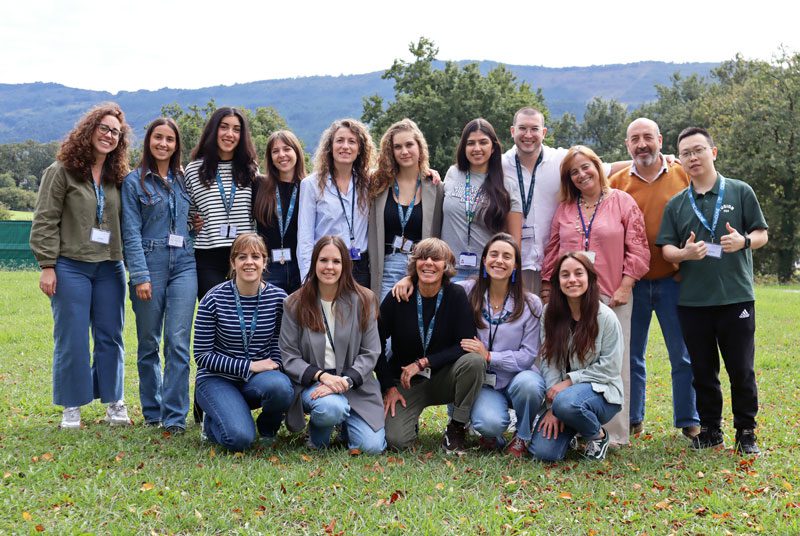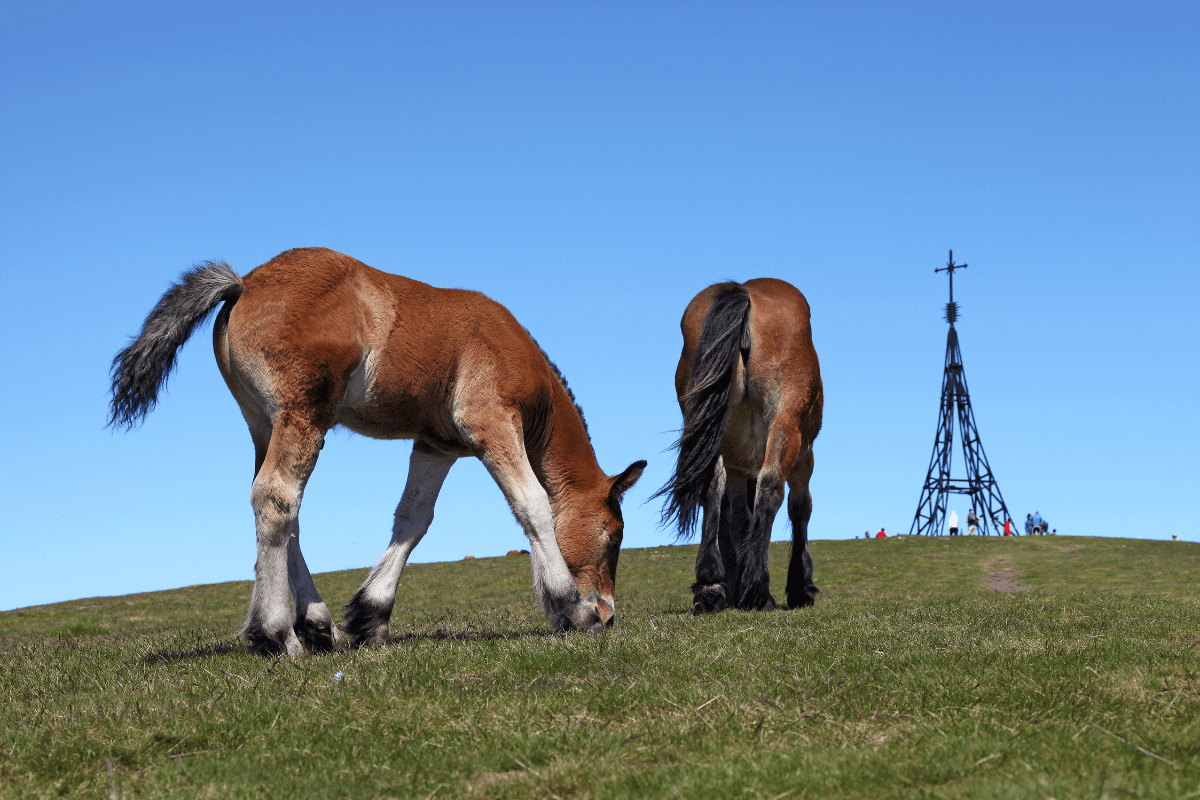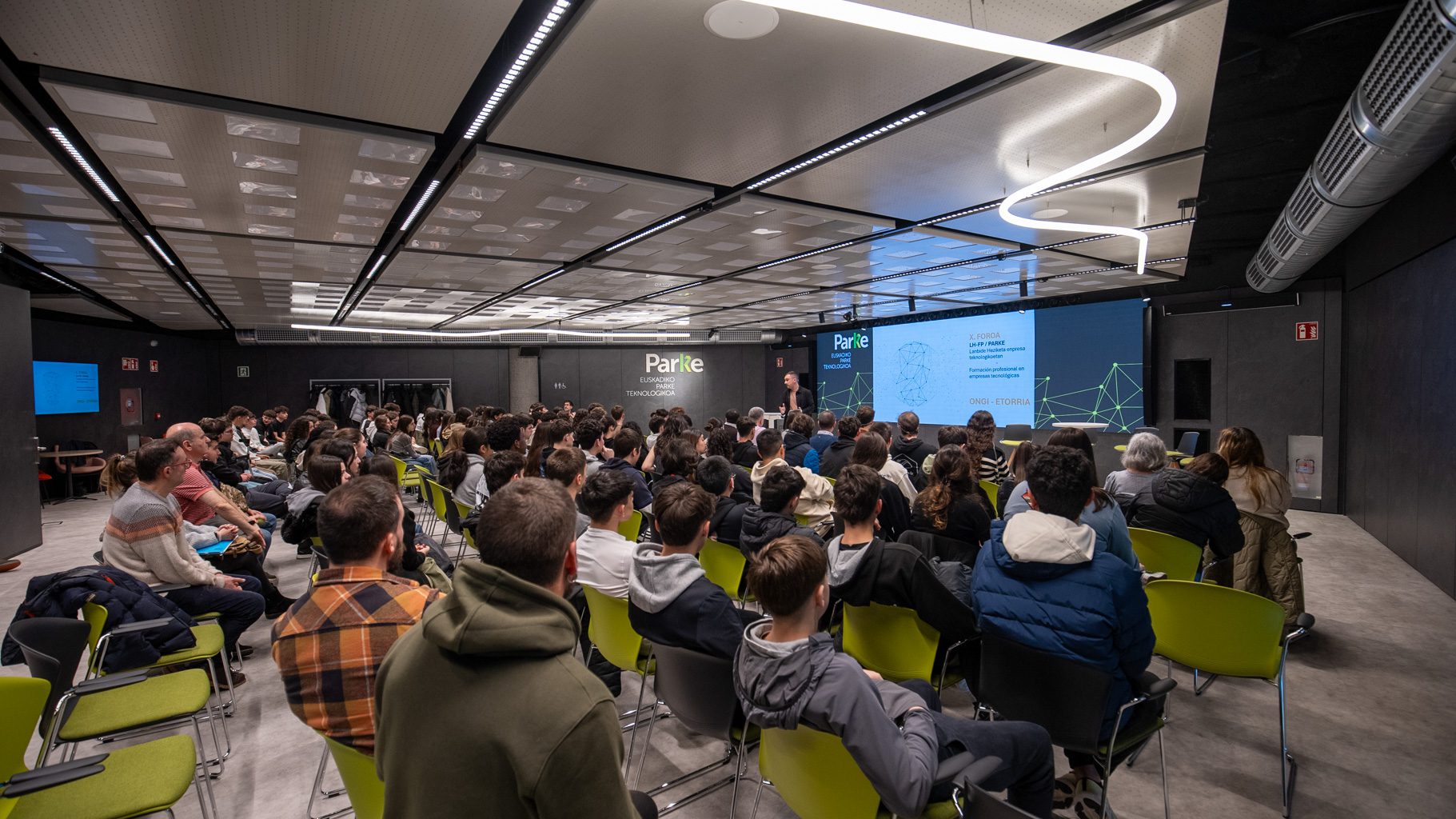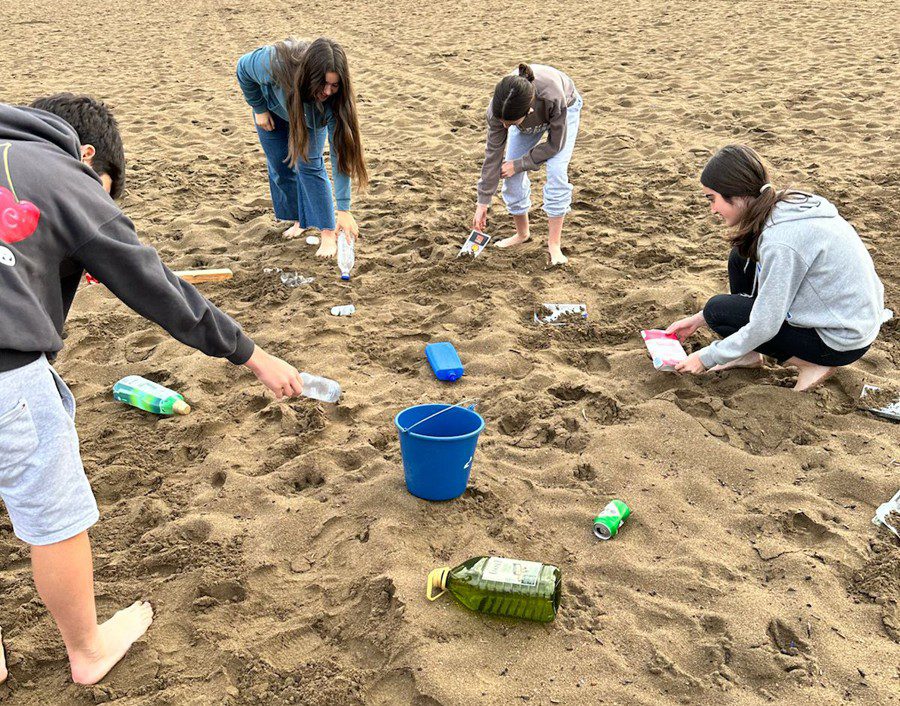Ayesa Digital accelerates ALS research by applying quantum computing and AI
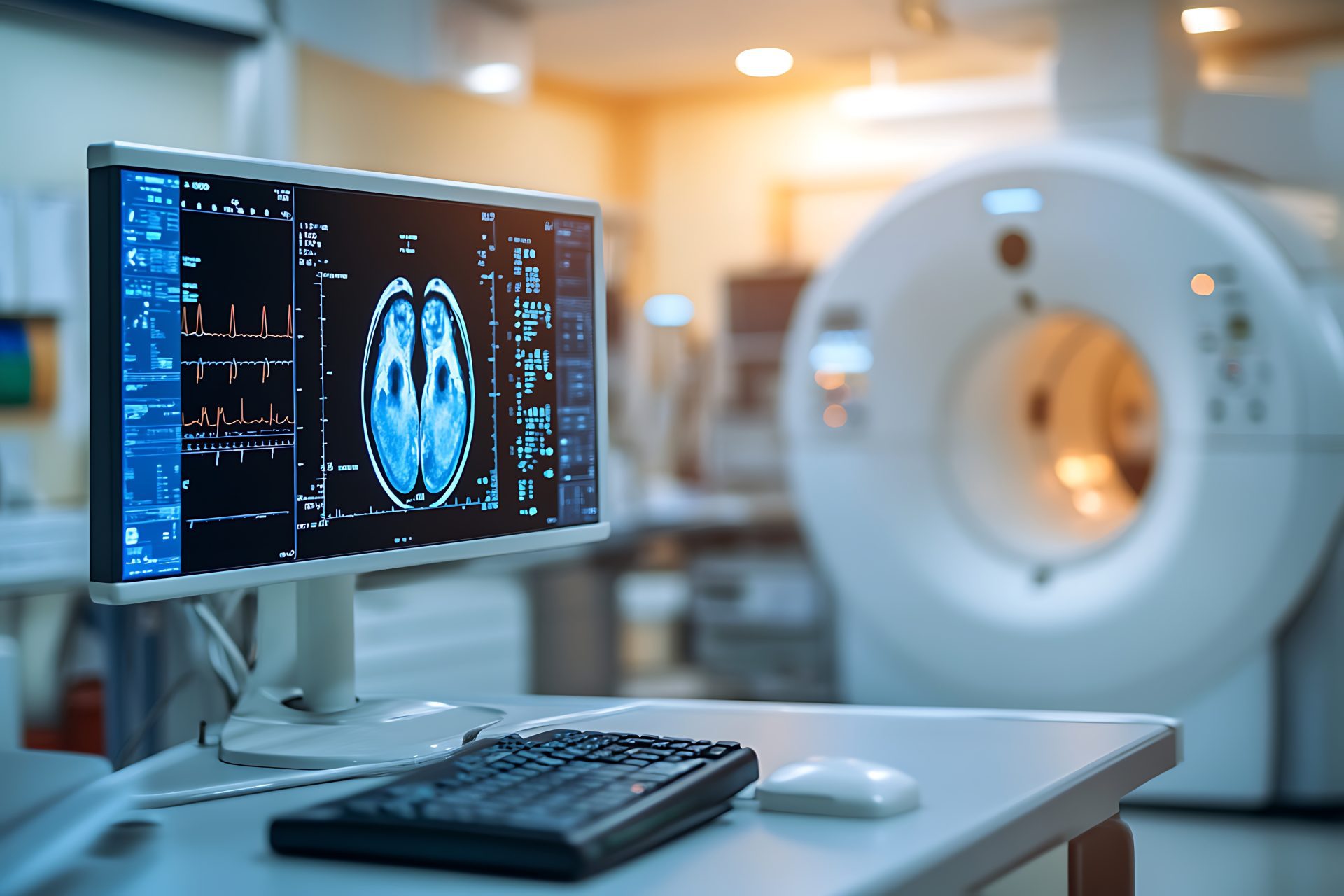
Seeking advanced models capable of identifying relevant early markers and prognoses to combat the disease
Precision medicine will be able to tailor treatments to the genetic and biological characteristics of each patient
Ayesa Digital is leading the NEUROQIAl project, an ambitious R&D initiative that seeks to apply quantum computing and artificial intelligence (AI) to the study and treatment of amyotrophic lateral sclerosis (ALS). The project is part of the Gipuzkoa Quantum call for proposals, promoted by the Provincial Council of Gipuzkoa, which aims to encourage the development of quantum technologies applied to strategic sectors.
Although it is a rare disease —with between 2 and 16 cases per 100,000 inhabitants— its rapid progression and the lack of effective treatments make it one of the greatest biomedical challenges today. In addition, early diagnosis is extremely complex, as the initial symptoms are non-specific and easily confused with other diseases.
The NEUROQIA project addresses this challenge and aims to develop advanced quantum AI models capable of identifying relevant markers and prognoses in ALS. To this end, it will integrate clinical, genomic and environmental information into a multimodal analysis model that will enable the detection of hidden patterns in small patient cohorts and advance towards a truly personalised approach to diagnosis and treatment.
Quantum computing, combined with artificial intelligence, offers an unprecedented ability to process and correlate large volumes of complex biomedical data. Thanks to their enormous computing power, quantum algorithms can identify relationships between genetic, clinical and environmental variables that are impossible to detect using traditional methods. In the case of ALS, this capability is particularly valuable due to the heterogeneity of the disease and the small number of patients available for clinical studies.
